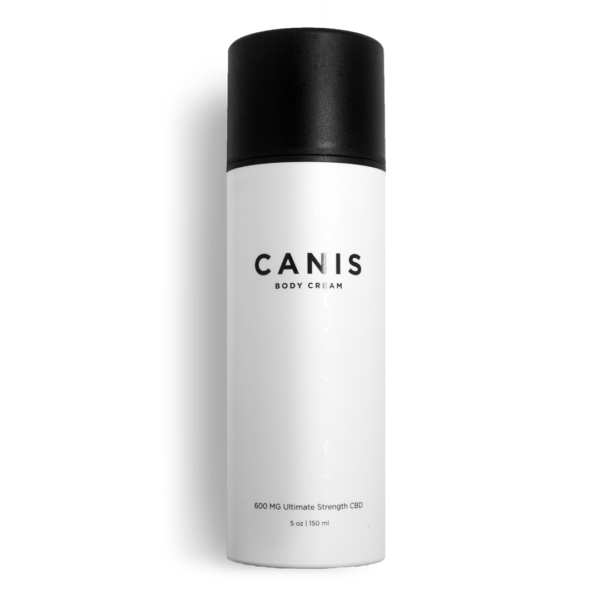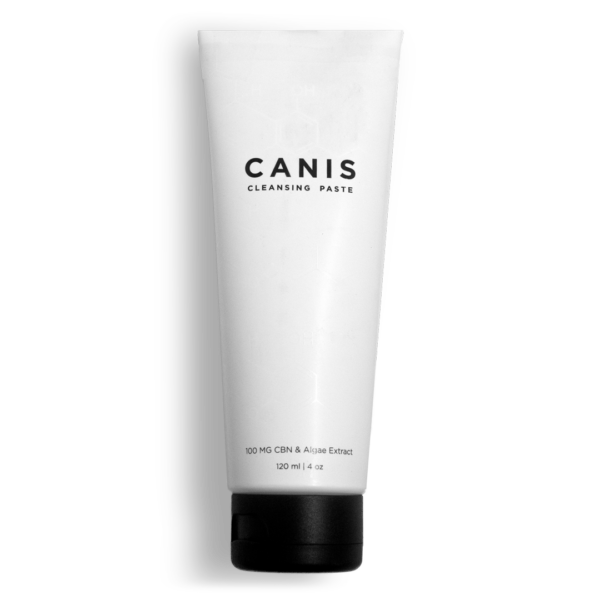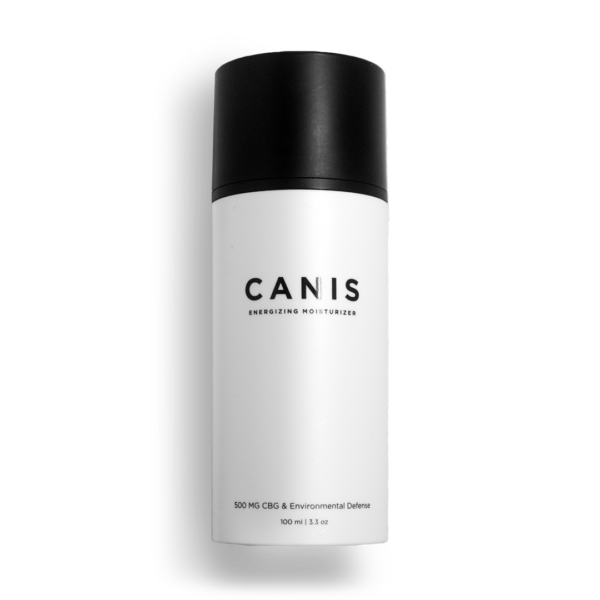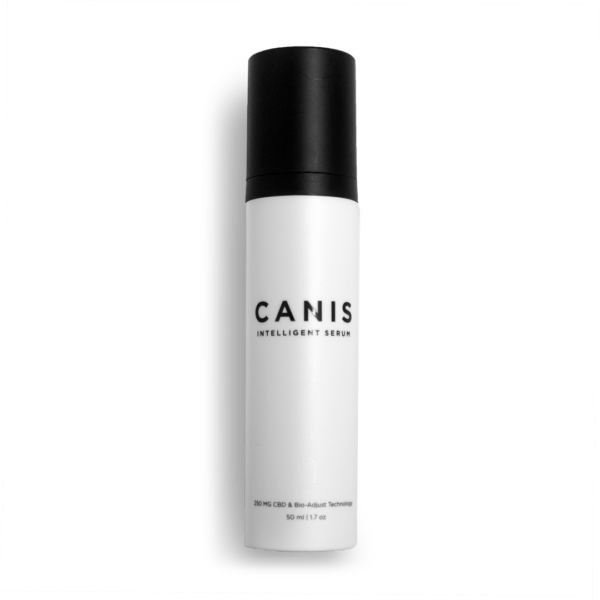Blog
CBD Body Lotion 101: How To Find The Right Product For You

There’s a topical product with CBD on every corner these days. CBD topicals have been used in skin care for a long time, but it’s only recently that the trend seems to be catching on. The use of CBD in lotions and creams, as well as salves and serums, appears to be the newest health-care and skin-care craze. Is topical CBD really effective?
The answer, however, is still unclear, despite the fact that certain people appear to benefit from them. Not only do these remedies not contain cannabis, but they also have a high risk of containing less CBD than stated. Also, because to the growing popularity of CBD-rich topical products that may or may not be what they promise, this is a buyer-beware situation.
Cannabidiol, or CBD, is one of more than 100 cannabinoids found in the cannabis sativa plant. (THC is the cannabinoid that gives marijuana its euphoric effect.) CBD is now available in a variety of foods, beverages, lotions, and other items because to its supposed health advantages. CBD products have no more than a 0.3 percent concentration of THC, according to the definition, thus they won’t produce a “high.”
How Are CBD Body Lotion And Other Topical Products Used?
Topical CBD products are used for a variety of ailments, including musculoskeletal problems. According to a 2019 report from the Arthritis Foundation, 79 percent of the 2,600 arthritis sufferers interviewed had considered using CBD or had already done so. More than half of respondents (59%) said they currently used it for arthritis symptoms, with 55% of CBD users using a topical product to the joints.
That’s why Eileen Donovan of Ayer, Massachusetts, uses her CBD body lotion. She has severe osteoarthritis and suffers from frequent pains and aches. She discovered that she was allergic to nonsteroidal anti-inflammatory medications, or NSAIDs, which prompted her search for alternative pain relief. “I’ll put it on and walk away thinking, ‘I don’t have any pain,’” she remarked. Donovan uses CBD body lotion to massage her joints twice a day.
Topical CBD products, according to Samantha Morrison, a cannabis researcher at Glacier Wellness, a CBD firm in Cedarhurst, New York, are meant to assist people with eczema and psoriasis.
CBD is showing up in a variety of products, including cosmetics and skin care items, according to Dr. Luis Enrique Liogier-Weyback, an urgent care and men’s wellness physician in Boca Raton, Florida, and founder of the mobile medicine practice. Hemp Oil and CBD products frequently claim that the combination of CBD with other components prevents skin aging or is anti-inflammatory.
Does CBD Body Lotion Actually Work?
Topical CBD products may help with localized pain or inflammation, such as that experienced in the joints. CBD is absorbed in the skin, not the bloodstream. As a result, a topical CBD product isn’t intended to treat a whole system issue; instead, it may help on the skin directly.
Reliable topical CBD products, such as PureKana’s Hemp Oil Cream, do not only mask pain or inflammation as some over-the-counter topical pain relief creams do. According to Matthew Halpert, an immunology instructor at Baylor College of Medicine in Houston, cannabinoids can eliminate pain for a specific length of time. Because the skin has a high concentration of cannabinoid receptors, this is the case. Cannabinoid receptors are part of the body’s endocannabinoid system, a body-wide system that was discovered in the 1990s and affects a variety of vital processes.
Cannabinoid receptors can be found in the brain, spinal cord, peripheral nervous system, and other places throughout the body. They are involved with pain reception, hunger, immune function, mood, and a variety of other things. Cannabinoids are substances produced by the body that interact with the EC system’s functions. THC and CBD, like any other cannabinoids, interact with cannabinoid receptors.
According to a study conducted by Halpert in collaboration with Medterra CBD in Irvine, California, CBD is capable of lowering inflammatory indicators such as tumor necrosis factor alpha, which are produced excessively owing to diseases like rheumatoid arthritis.
In a 2017 paper in Pain, CBD was found to stop pain and prevent the development of more pain in rats with osteoarthritis. However, a group of international rheumatologists in a 2019 Expert Reviews and Clinical Immunology paper concluded that additional study is needed into the long-term effects of CBD and other cannabis-related treatments for rheumatological diseases.
In a study of 20 individuals with psoriasis, atopic dermatitis, and scars published in 2019 in Clinical Therapeutics, CBD ointment used over three months significantly improved symptoms and signs of skin diseases. Although this study is a small one, larger research may help validate findings.
CBD’s influence on a person’s body may also differ. Some people find it beneficial, while others do not. A study published in Scientific Reports in February 2019, for example, revealed that cannabis items containing higher amounts of THC provided greater symptom alleviation among more than 3,000 persons and CBD products (which do not include THC) did not.
Overall, however, more study is needed to determine how effective all CBD and cannabis-derived substances are, according to the National Academies of Sciences, Engineering, and Medicine’s 2017 report.
Is CBD Body Lotion And Other Topical Products Legal?
Although the 2018 Farm Bill legalized hemp growth, which is used to produce some CBD, confusion over CBD remains in many jurisdictions.To learn more about CBD’s legality in your state, check the website of your state government.
CBD is not labeled as an over-the-counter drug in the United States. Furthermore, CBD is not presently subject to FDA regulation. In September, Senate Majority Leader Mitch McConnell requested that the FDA issue temporary instructions on how it intends to enforce sales of CBD products. For the time being, the FDA has licensed one drug for epileptic seizures in children with Lennox-Gastaut syndrome or Dravet syndrome.
A Buyer’s Guide for CBD Body Lotion
If you’re considering purchasing a CBD body lotion, salve, cream, patch, or other topical product for the first time and don’t know where to start, follow these suggestions so you can acquire a trustworthy, high-quality product. “The truth is that consumers have to be extremely vigilant when it comes to buying CBD products, especially since the industry is still largely unregulated,” Morrison says.
- Be wary of outrageous claims. CBD companies, like other health product manufacturers that are not regulated by the FDA, are not permitted to claim their product will cure or treatment a disease. “I’d stay away from a firm that is bold enough to say, ‘This will treat your cancer,’” says Liogier-Weyback.
- Ask for a certificate of authenticity. Looking online or asking the firm for its certificate of authenticity is one approach to determine if a product is trustworthy. A multipage document will tell you the product has been tested in a lab and provides a per-lot or per-batch breakdown of how much CBD the product contains as well as other components, according to Liogier-Weyback. An independent, third-party lab should do the analysis.
- Know what you want to buy in advance. If you make an impulsive CBD cream or other topical product purchase, you could be dissatisfied. According to Liogier-Weyback and colleagues, a third of CBD products they purchased in Miami did not contain any CBD. “You have situations where people are putting $150 or $200 on a tiny vial of canola oil,” he adds.
- Talk to your doctor in advance.If you want to use CBD oil, tell your doctor immediately. It’s always a good idea to inform your doctor if you plan to utilize a CBD product, however it is especially crucial if you have an underlying illness that necessitates you take prescription drugs on a regular basis. This is due to the fact that CBD has an effect on other medicines you’re taking, however this is more of a worry for internal CBD than a product used just on the skin, according to Halpert. According to the Arthritis Foundation’s poll, 66% of respondents had discussed CBD with their doctor.
- Read the label carefully. You should also check for any allergies to the other components of the topical solution. (There are no CBD allergy reports in the medical literature, Liogier-Weyback adds). Second, there may be other criteria that are essential to you, such as cruelty- and paraben-free, American-made, and no GMOs, according to Morrison.
- Isolate or full spectrum? Another thing to bear in mind about CBD products is the term isolate vs. full spectrum. “This is significant because isolates generally need to be given in considerably higher dosages to be effective,” Morrison adds. “Full-spectrum CBD, on the other hand, is typically more helpful and efficient at much lower dosages.”
- How often? The label might also help you figure out how often to apply the topical medication, according to Jay Hartenbach, CEO of Medterra CBD. Customers of his firm typically use its topical medications four to six hours apart.
- Watch for side effects (not necessarily from CBD). There are no significant negative effects linked with topical CBD products. Another component in the product, on the other hand, may cause irritation. “Topicals don’t typically cause the adverse side effects that ingestibles do,” Morrison adds. Halpert claims that no negative effects have been found in Medterra’s topical products’ studies.






